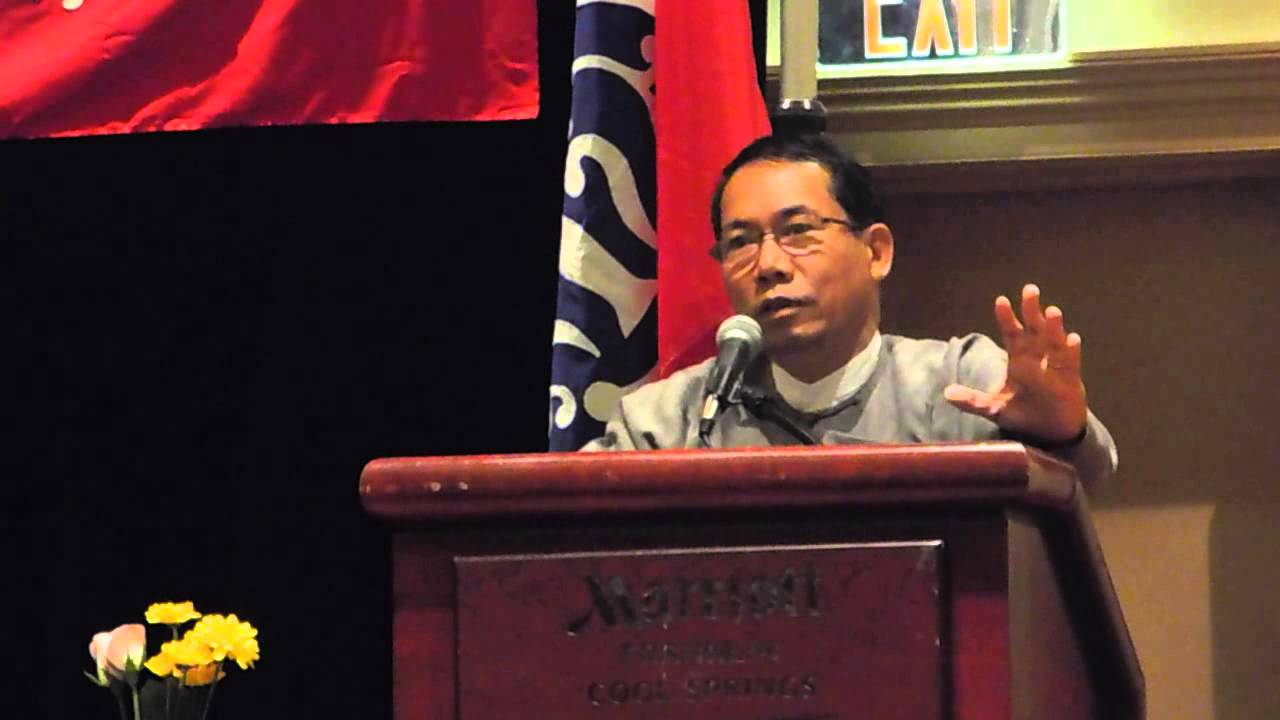Ethnic lawmakers have drawn up a report containing suggestions for constitutional amendment as sexpartite talks are slated to recommence. Articles 59(f) and 436 are amongst those that the MPs proposed amending.
The report consolidates ethnic MPs’ proposals as to which constitutional articles should be changed and which should not, according to Rakhine National Party chairman Aye Maung, who is also the appointed representative of ethnic MPs for the sexpartite talks on the issue of constitutional reform.
Aye Maung said the renewed sexpartite talks – between the president, two parliamentary speakers, opposition leader Aung San Suu Kyi, the commander-in-chief, and himself – are likely to start within the next week after being delayed from their scheduled date of 20 March.
Article 436 is amongst the sections proposed for amendment. This article dictates that a parliamentary majority of 75 percent is needed for the passing of any legislation. In Burma, 25 percent of parliamentary seats are reserved for military MPs, effectively handing the army a veto. The deeply unpopular Article 436 has been the subject of much criticism for its undemocratic nature.
Article 59(f) is also highlighted as in need of change. Stating that any president or vice president: “shall he himself, one of the parents, the spouse, one of the legitimate children or their spouses not owe allegiance to a foreign power, not be subject of a foreign power or citizen of a foreign country.” Article 59(f) effectively disqualifies National League for Democracy leader Aung San Suu Kyi from running for presidential election due to the UK citizenship of her late husband and children, and also contains a provision that a presidential nominee must have military experience.
[related]
“We have reached an agreement with ethnic political parties on the report, which is aimed at helping bring about a Constitution that has contemporary relevance, and allows cooperation between the current and future governments in nation-building,” Aye Maung told DVB on Thursday.
“There are certain clauses we suggest leaving as they are, but there are also those that we wish to see amended or readjusted.”
An emergency proposal to speedily facilitate the six-way talks was unanimously passed by the parliament in November, after being submitted by the ruling Union Solidarity and Development Party. The proposal urged that the talks “bring about a Constitution with contemporary relevance, and create good opportunities to nation-building in the future.”
However, Thein Sein in January rejected the proposed dialogue on the grounds that it would be unconstitutional and a breach of the rule of law. He was previously heavily criticised for hosting a 14-way talks and 48-way talks, which the opposition dismissed as beating around the bush.
Parliamentary house speaker Shwe Mann weighed in on the issue earlier this year, urging the president to reconsider his position.
Shwe Mann, who is frequently at odds with military hardliners but widely seen as a frontrunner in the race for the presidency, said that initiating such dialogue will “bring about positive outcomes for the country’s tranquillity, development, ethnic unity, national reconciliation, peace, and democratic transition.”



